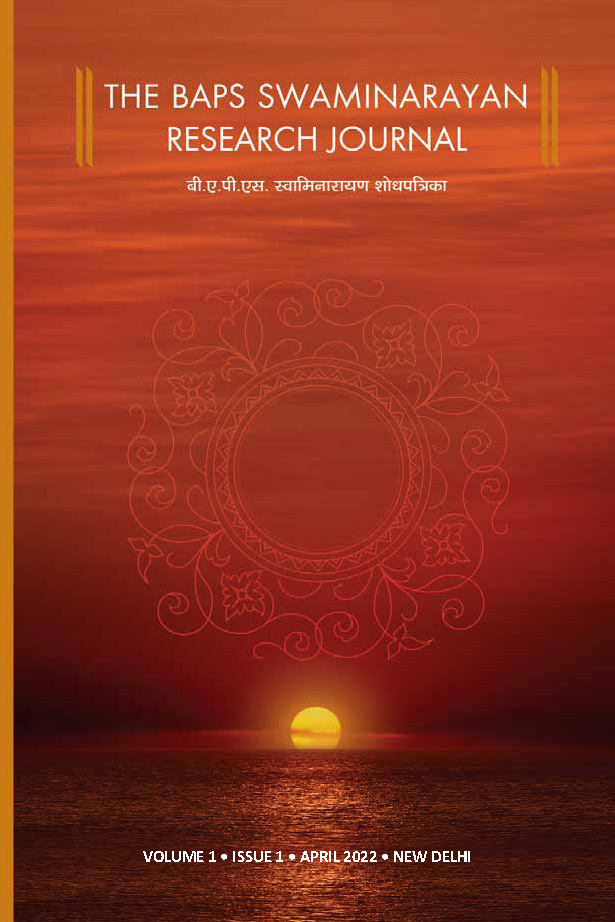Abstract
Prof. N. S. Ramanuja Tatacharya (1928-2017) was one of the most senior and renowned scholars in Navya-Nyāya and Rāmānuja Vedānta. Born in Navalpakkam, Tamil Nadu, he offered significant contributions to classical Sanskrit philosophical literature.
An erudite intellectual, learned Sanskritist, and a classical Sanskrit pundit, Dr. Ramanuja Tatacharya contributed to academia in different capacities. He served for several years as the Vice-Chancellor of Rashtriya Sanskrit Vidyapeeth, Tirupati and at the French Institute, Pondicherry. Dr. Tatacharya has to his credit more than fifteen reputed published works on classical Indian philosophy. His immense contribution to Sanskrit literature may be assessed from his various original scholarly works, which include among others the Vivṛti, Bālabodhinī, Bhagavadguṇaratnapīṭhikā, and Pratyakṣatattva-cintāmaṇivimarśa. He has also offered several translations including that of the Nyāyasiddhāñjanam of Vedāntadeśika in Tamil. He served as the general editor to many scholarly works and has authored over 60 research papers on different philosophical topics. Under his guidance, over 25 researchers have been awarded Ph.D. degrees on various subjects. He has also guided many scholars throughout the world. As an eminent intellectual, he has received many awards and
honours including the Catuśśāstrapravīṇa, Mahāmahopādhyāya, Darśana Sārvabhauma, Panḍitaratnam, Sāstranidhi and the Vācaspati Puraskāra, K. K. Birla Foundation award.

